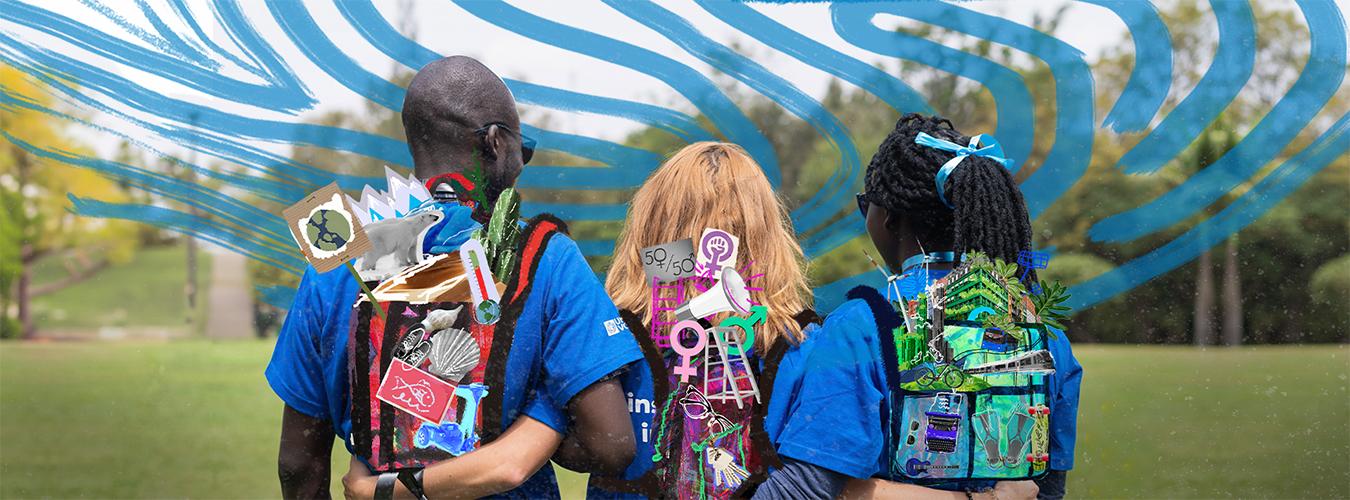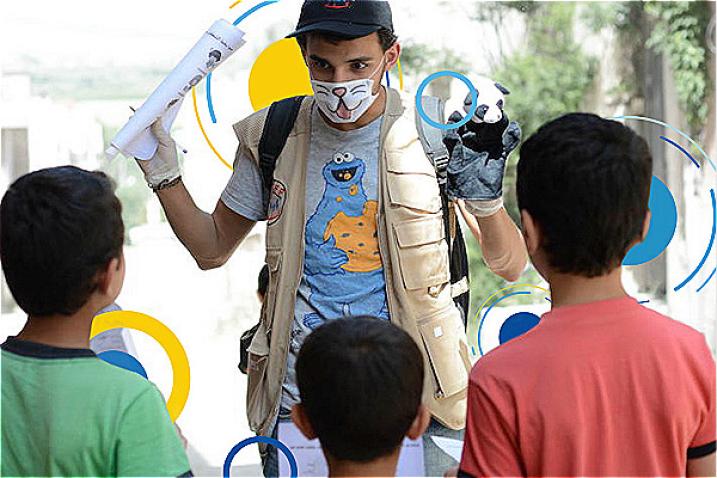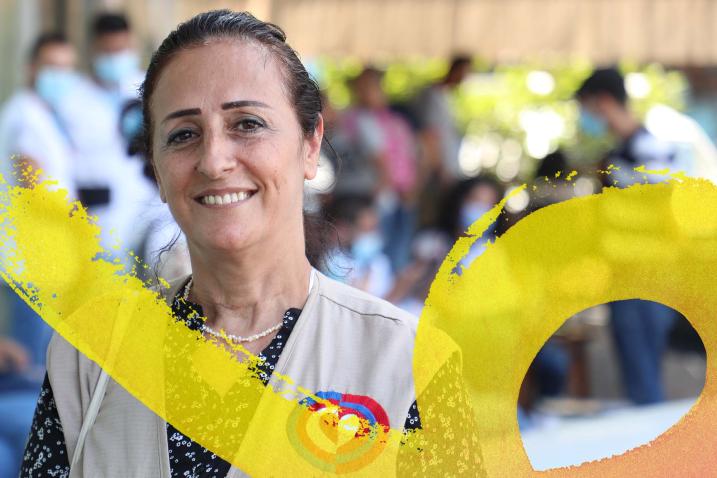On this important day, let’s re-commit to ensuring that all people can lend their energies to shaping a better future for all people and the planet we share. Let’s stand with volunteers, everywhere.
António Guterres
2023 Theme: the power of collective action: if everyone did
This year, we mark International Volunteer Day (IVD) by recognizing the power of collective action: if everyone did.
If everyone volunteered, the world would be a better place. Imagine more than eight billion of us volunteering. Limitless possibilities for sustainable development – food and education for everyone, clean environment and good health, inclusive and peaceful societies, and more.
Volunteerism is an enormous renewable resource for social, economic and environmental problem-solving throughout the world. As the world faces mounting challenges, volunteers are often the first to help. Volunteers are at the fore in crises and emergencies, often in very testing and dire situations.
Join us in recognizing volunteers all over the world through our social media campaign, using the hashtags #IfEveryoneDid and #IVD2023. View the IVD 2023 Trello Board for resources.
Become an Online Volunteer.
Mandated by the UN General Assembly, the International Volunteer Day is held each year on 5 December. It is viewed as a unique chance for volunteers and organizations to celebrate their efforts, to share their values, and to promote their work among their communities, non-governmental organizations (NGOs), United Nations agencies, government authorities and the private sector.
Apart from mobilising thousands of volunteers every year, the United Nations Volunteers (UNV) programme contributes to peace and development by advocating for the recognition of volunteers and working with partners to integrate volunteerism into development programming.
Did You Know?
- The monthly number of volunteers aged 15 years and over amounts to 862.4 million worldwide.
- Most volunteer work continues to be arranged informally between individuals, with 14.3% of the global population participating, while 6.5% of working-age people worldwide engage in formal volunteering via an organization or association. A significant percentage of people carry out multiple types of volunteer work.
- While formal volunteers are mostly men, informal volunteers are more likely to be women.





